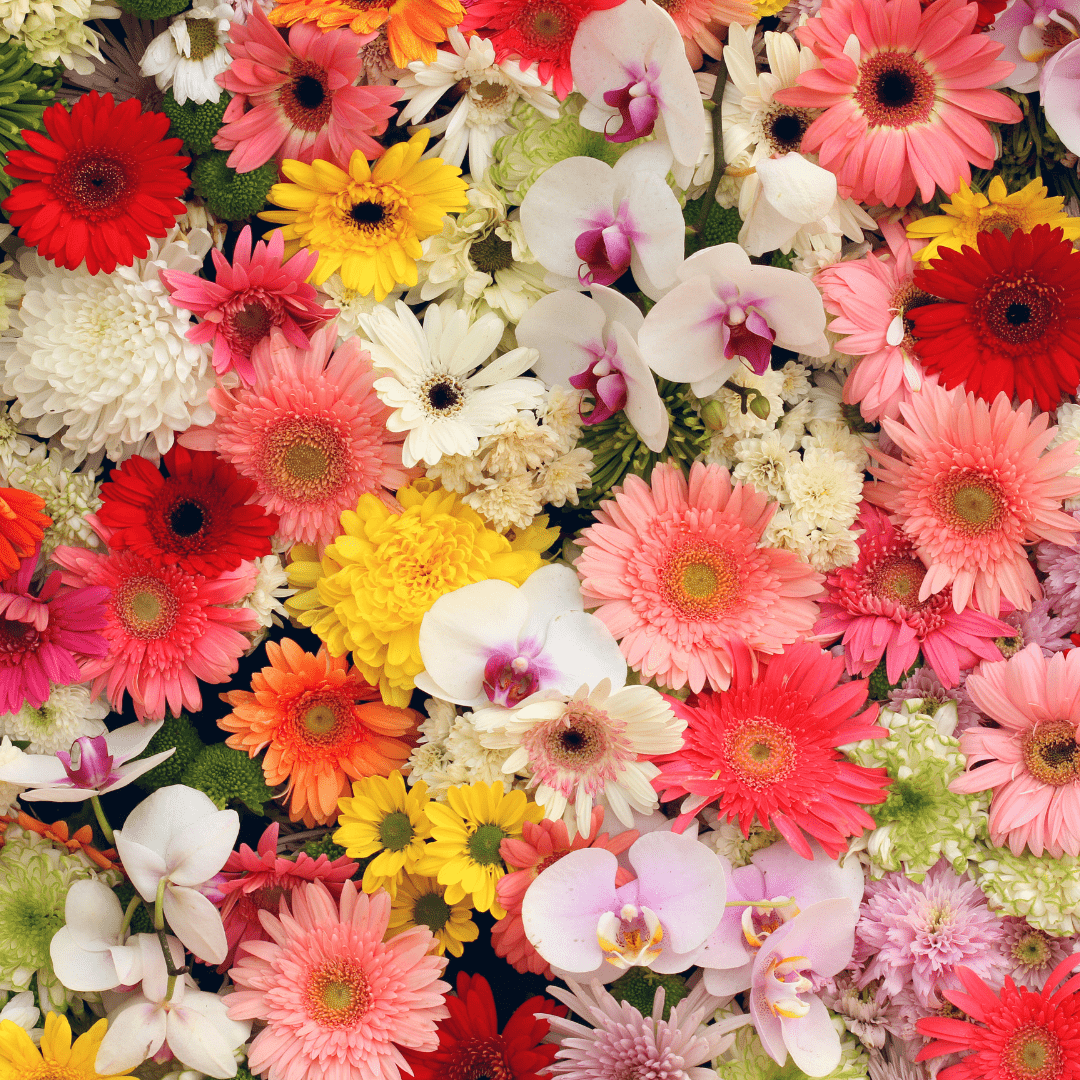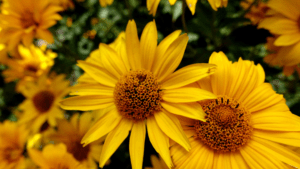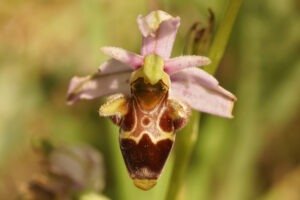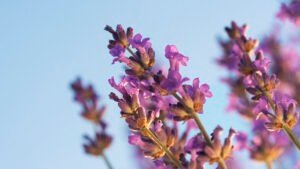25 State Flowers of India: Names, Scientific Details & Uses
Indian culture traditionally considers flowers paramount for their dual meaning of purity and devout nature and natural wonder. Every Indian state features a distinctive flower which showcases both its natural environment and traditional values. This blog examines all the state flowers from India together with their scientific names and their cultural meanings. Monitoring state flowers enables people to recognize the diverse natural life in India.

25 State Flowers of India: Complete List with Scientific Names
Here’s a well-researched list of state flowers of India, including their scientific names and plant families:
Flowerdiaries
List of Indian State Flowers

Andhra Pradesh
Common Name :Jasmine
Scientific Name : Jasminum officinale

Arunachal Pradesh
Common Name :Foxtail Orchid
Scientific Name : Rhynchostylis retusa

Assam
Common Name :Foxtail Orchid
Scientific Name : Rhynchostylis retusa

Bihar
Common Name :Orchid Tree (Kachnar)
Scientific Name : Bauhinia variegata

Chhattisgarh
Common Name :Lady’s Slipper
Scientific Name : Paphiopedilum insigne

Goa
Common Name :Frangipani
Scientific Name : Plumeria rubra

Gujarat
Common Name : African Marigold
Scientific Name : Tagetes erecta

Haryana
Common Name : Lotus
Scientific Name : Nelumbo nucifera

Himachal Pradesh
Common Name : Pink Rhododendron
Scientific Name : Rhododendron campanulatum

Jharkhand
Common Name : Palash
Scientific Name : Butea monosperma

Karnataka
Common Name : Lotus
Scientific Name : Nelumbo nucifera

Kerala
Common Name : Golden Shower Tree
Scientific Name : Cassia fistula

Madhya Pradesh
Common Name : Parrot Tree
Scientific Name : Butea monosperma

Maharashtra
Common Name : Jarul
Scientific Name : Lagerstroemia speciosa

Manipur
Common Name : Siroi Lily
Scientific Name : Lilium mackliniae

Meghalaya
Common Name : Siroi Lily
Scientific Name : Lilium mackliniae

Mizoram
Common Name : Red Vanda
Scientific Name : Renanthera imschootiana

Nagaland
Common Name : Rhododendron
Scientific Name : Rhododendron arboreum

Odisha
Common Name : Ashoka
Scientific Name : Saraca asoca

Punjab
Common Name : Gladiolus
Scientific Name : Gladiolus grandiflorus

Rajasthan
Common Name : Rohira
Scientific Name : Tecomella undulata

Sikkim
Common Name : Noble Orchid
Scientific Name : Cymbidium goeringii

Tamil Nadu
Common Name : Glory Lily
Scientific Name : Gloriosa superba

Telangana
Common Name : Tangedu Puvvu
Scientific Name : Senna auriculata

Uttar Pradesh
Common Name : Palash
Scientific Name : Butea monosperma

Uttarakhand
Common Name :Brahma Kamal
Scientific Name : Saussurea obvallata

West Bengal
Common Name :Shephali
Scientific Name : Nyctanthes arbor-tristis
List of Indian Union Territory Flowers
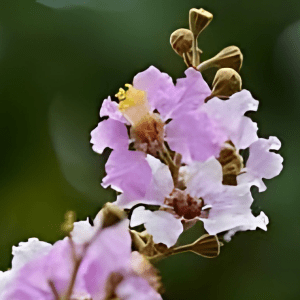
Andaman & Nicobar Islands
Common Name :Andaman Pyinma
Scientific Name : Lagerstroemia hypoleuca

Chandigarh
Common Name :Palash
Scientific Name : Butea monosperma

Delhi
Common Name :Alfalfa
Scientific Name : Medicago sativa

Jammu & Kashmir
Common Name :Common Rhododendron
Scientific Name : Rhododendron ponticum
Conclusion
The state flowers of India showcase the country’s diverse flora and cultural richness. These flowers are beautiful and hold deep traditional, medicinal, and ecological significance. By understanding and appreciating these flowers, we can take steps towards their conservation and protection.
Which state flower is your favorite? Share your thoughts in the comments! 🌿🌸😊
FAQ
India’s national flower is the Lotus (Nelumbo nucifera). It’s known for its beauty and symbolizes purity, strength, and growth, as it blooms even in muddy waters.
Manipur’s Shirui Lily (Lilium mackliniae) is one of the rarest flowers in India. It grows only in the Shirui Hills and blooms just once a year!
State flowers represent the nature, culture, and history of each region. They also help raise awareness about protecting local plants and ecosystems.
The Palash (Butea monosperma) is known as the ‘Flame of the Forest’ because of its bright orange-red flowers. It’s the official state flower of Jharkhand, Chhattisgarh, Uttar Pradesh, and Madhya Pradesh.
We can protect these beautiful flowers by:
- Planting native flowers in our gardens instead of exotic ones.
- Spreading awareness about their importance.
- Supporting conservation programs and avoiding deforestation.
- Avoiding picking rare flowers from forests and protected areas.

